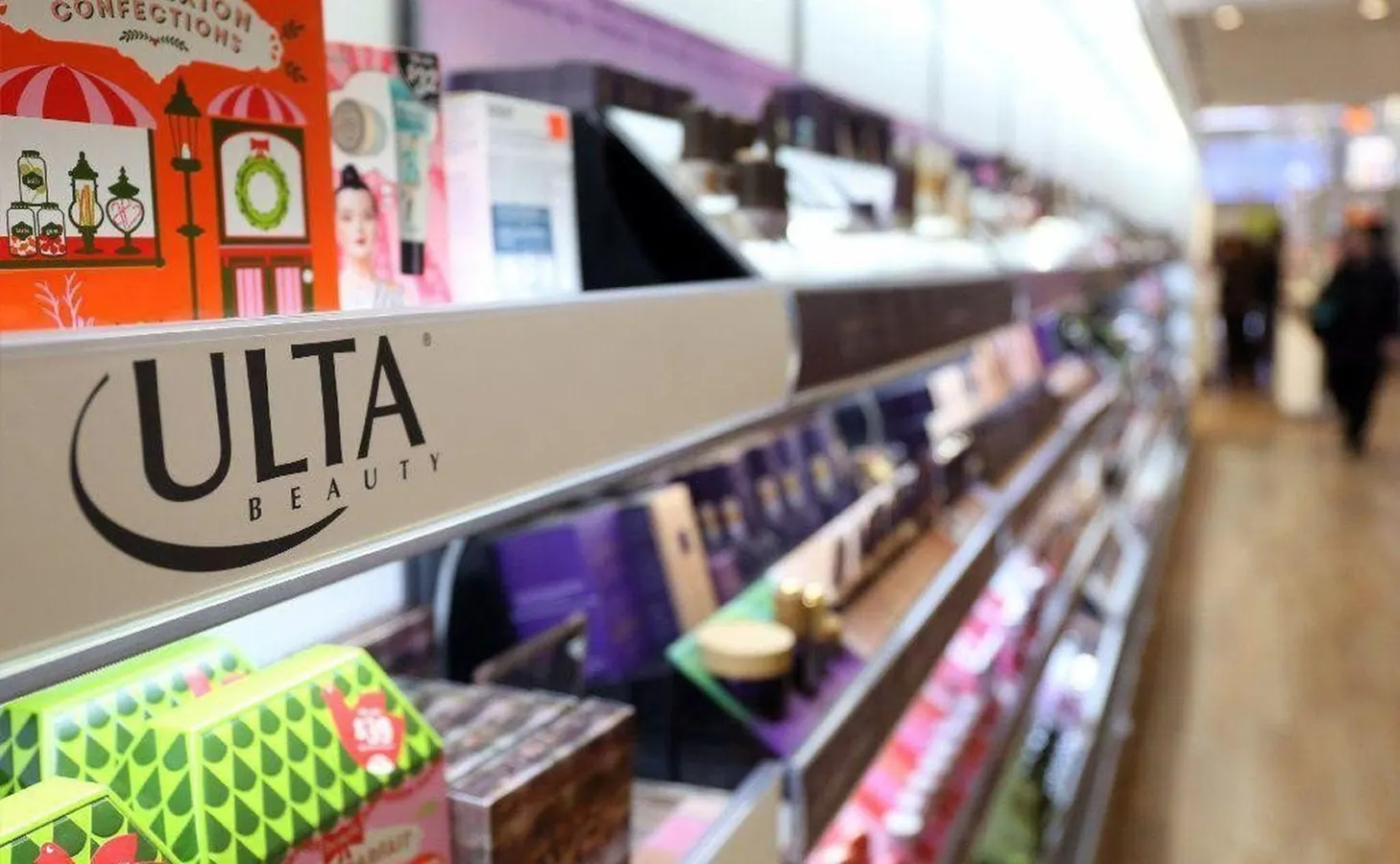Thursday’s papers: Helsinki keeps booze flowing, TV show’s violent anti-bullying advice, and a car tax loophole
By Mark B. Odom
Copyright yle

Helsinki City councillors on Wednesday decided not to ban alcoholic drinks during city-organised official events, according to Swedish-language daily newspaper Hufvudstadsbladet (HBL).
The decision was not unanimous, however. Votes fell 65-16 against banning alcohol at city events, with four abstentions, the paper said.
The vote came after a motion submitted in the summer by NCP councillor Dennis Pasterstein to ban booze at all city events. Pasterstein also serves as a chief inspector at the Helsinki Police Department.
Back in June, Pasterstein said alcohol was problematic because it can potentially cause domestic violence, illness and even death, HBL reported at the time.
At the time, city officials and councillors seemed to have dismissed the idea of the city holding booze-free events.
On Wednesday, SDP council member Ville Merinen, who has been open about his five-and-a-half years of sobriety, said that it was “completely inconceivable” that the city would spend taxpayer money on alcohol.
“There’s quite a lot of talk about alcohol in society and it is considered a given. Also, when MPs meet people in the evening, alcohol is offered in many contexts,” he explained.
Only Centre Party councillors were unanimous in wanting to ban booze at city events. On the opposite end of the debate were the National Coalition Party and Greens, who were unified in support of continuing to serve alcohol.
The stance of city officials, meanwhile, is that in an international context, offering a glass of wine at events is a form of hospitality. Such events include things like official celebrations, cultural and networking events, as well as conferences and state visits.
A spokesperson for the City told the paper that refreshments served at the events depend on their type and scale, where it is being organised and who is invited.
According to the City, moderate, polite and well-balanced alcohol service can be part of a culture of attractive and hospitable events.
It added that receptions held in connection with important meetings in Helsinki usually include a light salad buffet with a glass of wine and non-alcoholic options like juice and water.
HBL noted that the city decided in 2021 to stop serving meat and dairy products at its events.
Violence v bullying advice
Daily Helsingin Sanomat reports on a controversy stirred by an episode of the quasi-military training TV show Erikoisjoukot, which is based on the UK show SAS: Who Dares Win.
In the episode, the show’s four military trainers were disappointed in the performance of several competitors. After a drill, one of the trainers, Janne Lehtonen, told the lined up contestants how they should be prepared to strike back at someone if necessary.
“No violent situation — not war or even school bullying — ends with anything other than that if someone hits you, you should be prepared to hit back twice as hard,” Lehtonen told the competitors.
Virpi Pöyhönen, a doctor of psychology who wrote a doctoral dissertation about how to defend and support victims of bullying, was interviewed by HS.
Although she had not yet seen the show in question, Pöyhönen said she was surprised to hear about that advice.
“School bullying can be stopped with cooperation and systematic intervention between homes and schools. Instead of violence, children and young people must be taught to act sensitively and empathetically, supporting each other,” Pöyhönen said.
“So, [the show’s advice] offers the complete opposite view of that, addressing violence with violence,” she said.
Pöyhönen works as an anti-bullying specialist at the Mannerheim League for Child Welfare. She said that victims of bullying should never be advised to use violence to address the problem.
However, in some situations, bullied kids or youths can be encouraged to be assertive — to communicate clearly about their situation.
“In practice, it may mean that the bullied person themselves are able to say, ‘I shouldn’t be treated like this’,” Pöyhönen said.
In the end, she said it is up to adults to intervene in situations of bullying.
TV show host Lehtonen has stood by the views he expressed in the episode.
“I’m a walking example that bullying ended this way. When I changed schools, I was bullied, and then I decided to put an end to it myself. That’s where it ended. If anyone wants to read more about it, they can read my book,” he said, referring to a biography about him by author Kati Pukki which was published in May.
Legendary loophole
Back in 1987, car dealership boss Matti Aarnio found himself in a jam, according to Iltalehti. The Mitsubishi Space Wagon estate cars were not selling well that year, and they were starting to pile up in warehouses.
Then he and a colleague at the dealership’s van unit had an idea that could help bring down the Space Wagon’s sticker price. If they converted the undersold estate cars into “vans”, they could bypass the passenger car tax altogether, which would bring down the overall cost.
However, the only problem was that the car’s storage space wasn’t large enough to be considered a van — at least without making major modifications.
So they cut off the vehicle’s roof and fitted it with a roomier fiberglass top and took it to an inspection station to see whether it would pass muster.
The inspector initially laughed at the custom job, but a tape measurement left no alternative but to approve the vehicle as a “van”.
There was one more hitch, however. The dealership needed to contact Mitsubishi because the vehicle inspector needed to know the model from the manufacturer.
People at Mitsubishi’s headquarters in Japan were puzzled over why the Finnish dealership wanted to hack off the vehicle’s roof and tear out their rear seats.
“That caused quite a stir with the Japanese. At first they thought we were crazy,” Aarnio recalled in a book (Sata lasissa) about the history of the Finnish auto industry written by Jukka Saastamoinen.
But the Japanese were convinced about the modification after the Space Wagon-as-a-van strategy worked and sales began to pick up.
It did not take long for other manufacturers to make similar moves, according to Iltalehti.



